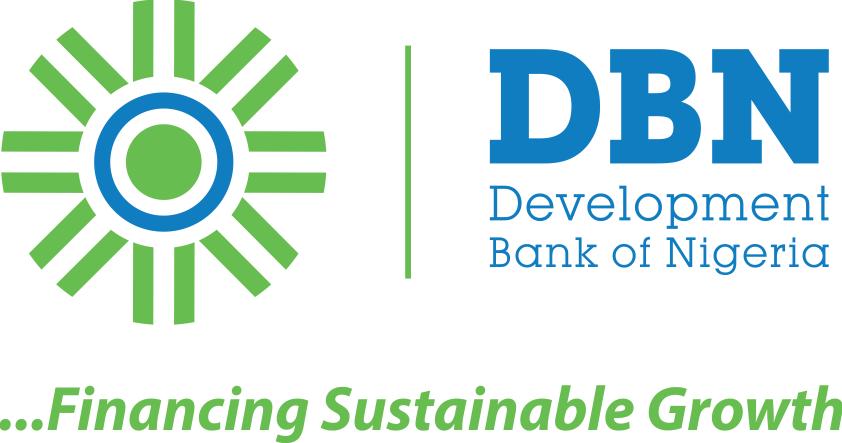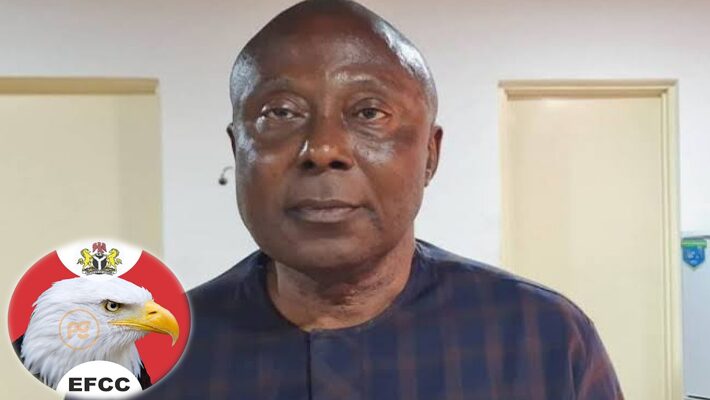The Development Bank of Nigeria (DBN) Plc has disbursed a total of N400 billion to Small and Medium Enterprises (SMEs) in the country in the past four years, its Chief Executive Officer (CEO), Mr. Tony Okpanachi, disclosed on Tuesday.
His revelation came as the African Export-Import Bank (Afreximbank) stated that 62 percent of women-led SMEs have been adversely impacted by the COVID-19 pandemic, while between 27 percent and 30 percent of SMEs owned by men were affected.
Okpanachi, who spoke at a virtual second annual lecture series of the DBN, themed, ‘Resilient Innovation: MSMEs’ adaptability in Uncertain Times,’ said the DBN had fulfilled its mandate by championing the provision of funds for the SMEs.
He stated: “As a bank, we have championed this cause through all our three mandates of providing long-term financing, capacity building and partial credit guarantees over the years.
“Since commencing operations in 2017, we have disbursed over N400 billion in loans to over 150,000 Nigerian SMEs out of which 27 percent are women-owned and 26 percent new owned businesses respectively. This has led to the creation of over 130,000 jobs.”
He stressed that in 2020 alone, the sum of N190 billion was disbursed through 19 participating financial institutions (PFIs) out of which N9.8 billion was to 6,935 first-time borrowers, N5.7 billion to 9,066 youths, and N11.8 billion to 25,171 women-owned businesses.
Cumulatively, he said, 83 percent reported an increase in their sales after obtaining the loan, while 48 percent were able to increase their staff strength after receiving the facility.
Additionally, 125 MSMEs were also trained as part of the bank’s capacity-building initiative through the DBN Entrepreneurship Training Programme, which was held in Abuja and Lagos, he added.
Okpanachi disclosed that the 2021 DBN training programme has commenced and is financed by the bank under the platform of Enterprise Development Centre, Pan-Atlantic University, Google and Wider Perspectives Ltd.
On why the bank shows interest in SMEs, he explained that this was because “big things have small beginnings”.
The DBN boss said: “It is at times like this that our mandate at the Development Bank of Nigeria Plc has captured in our vision which is to facilitate sustainable socio-economic development through the provision of finance to Nigerians on sound SMEs through eligible financial intermediaries.”
In his remarks, the Chairman of the Board of the DBN, Shehu Yahaya, said over the years, the bank has focused on avenues to make SMEs thrive.
He alluded to DBN’s five-year strategic plan, which includes expanding its reach, advocating for MSMEs and expanding its capacity among others, adding that this has become more crucial in the face of difficulties in the country.
Also speaking, the President and Chairman, Board of Directors, African Export-Import Bank, Prof. Benedict Oramah, said the impact of the COVID-19 pandemic on SMEs called for more concentration on SME fundings.
Oramah, who was represented by Afreximbank’s Executive Vice-President, Finance, Administration and Banking Services, Denys Denya, said 62 percent of women-led small businesses have been strongly impacted by the pandemic, while between 27 percent and 30 percent of SMEs owned by men were impacted.
He regretted that African SMEs are largely suffering the digital gap, adding that this led to huge obstruction in the continent’s supply chain during the lockdown.


 Naira4 weeks ago
Naira4 weeks ago
 News3 weeks ago
News3 weeks ago
 Education4 weeks ago
Education4 weeks ago
 Social Media4 weeks ago
Social Media4 weeks ago
 Technology4 weeks ago
Technology4 weeks ago
 Investment4 weeks ago
Investment4 weeks ago
 Dividends4 weeks ago
Dividends4 weeks ago
 Economy4 weeks ago
Economy4 weeks ago
















